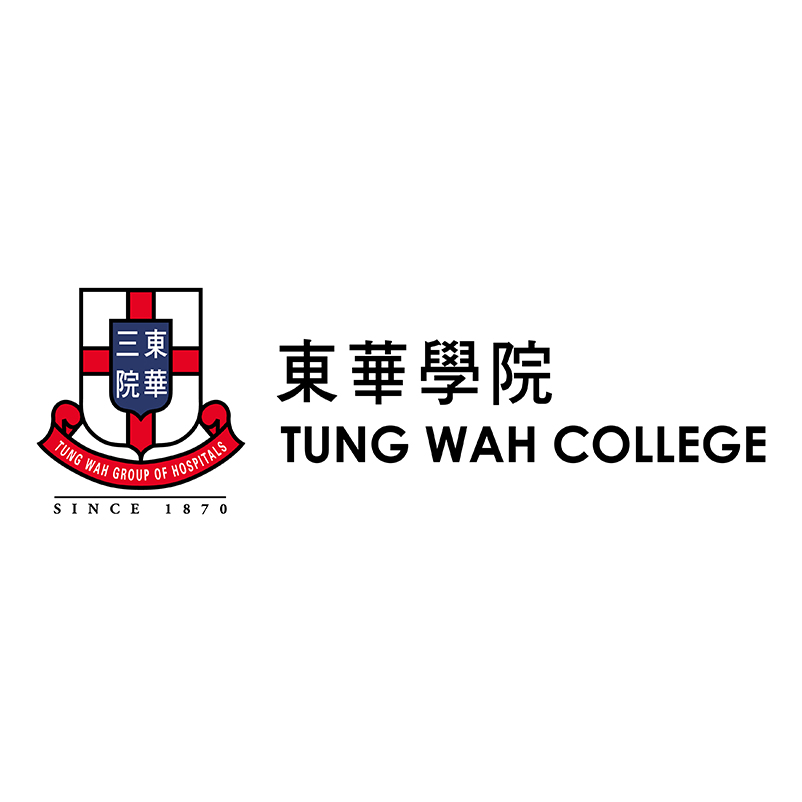PDip (BioInnovation)
BioInnovate Ireland is a national health technology innovation programme based at the National University of Ireland, Galway. The programme is a global affiliate of the University of Stanford Biodesign methodology and leverages this approach to provide a talented multidisciplinary pool of innovators the opportunity to develop novel medical innovations and shape the future of healthcare globally. The programme operates in partnership with a host of national and international partners including Stanford University, American College of Cardiology, our EIT Health funded European Fellowship Network, University College Cork, Trinity College Dublin, Mayo Clinic, Boston Scientific, Medtronic, Abbott Vascular, Creganna, and Aerogen.
The goal of the programme is to educate BioInnovate Ireland Fellows and Industry Trainees with a view to developing the next generation of medtech leaders, embedding design capabilities in Irish companies and driving the creation of new Irish start-ups.
Supported by Enterprise Ireland, BioInnovate Ireland has so far trained over 100 high calibre fellows and 250 industry professionals, each undergoing a rigorous, bespoke, highly mentored innovation, and leadership programme, equipping them with the skills and mind-set to drive innovation in start-ups and industry. As a result of this training, the programme has been involved in the creation of 22 new companies who, between them, have raised over €60 million in funding.








